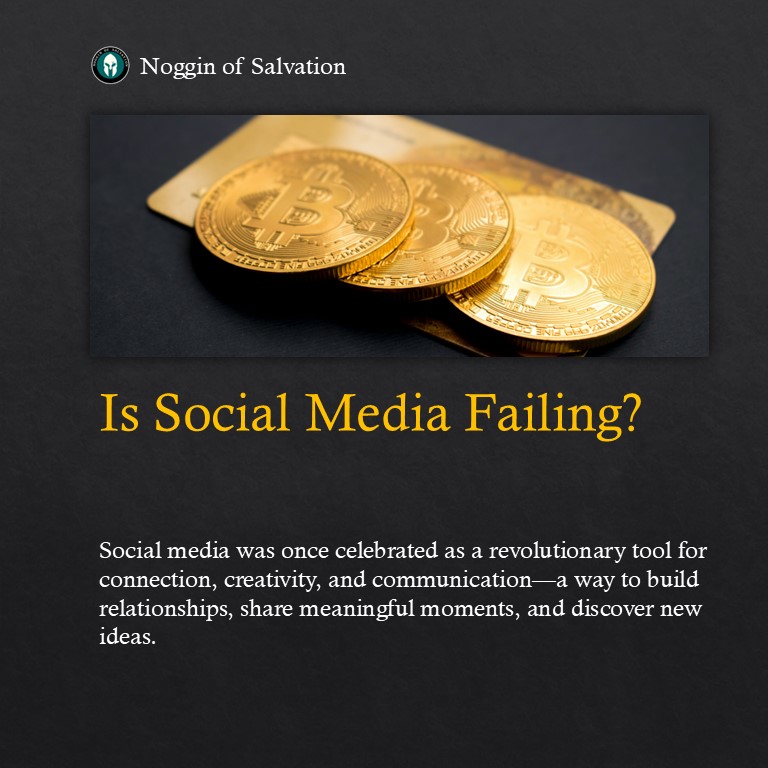The Unseen Cost of Charity Work: Who Really Benefits?
Charity is often seen as an unquestioned good. It provides food for the hungry, shelter for the homeless, and aid for those in crisis. But behind every charitable act, there are deeper questions: Who benefits the most—the recipient, or the giver? Is all charity truly helpful, or does some of it cause harm?
The Bible speaks extensively about giving, but it also warns about the hidden costs of charity. Some forms of help can empower, while others can create dependence. Some charity is selfless, while other acts of generosity are done for personal gain. If we don’t examine these factors, we may find that our efforts to help are doing more harm than good.
When Charity Becomes Self-Serving
It’s easy to assume that giving is always noble, but motives matter. Jesus exposed this in Matthew 6:2:
“Thus, when you give to the needy, sound no trumpet before you, as the hypocrites do in the synagogues and in the streets, that they may be praised by others. Truly, I say to you, they have received their reward.”
Some charity is not about the recipient at all—it’s about the giver’s image. When people donate for publicity or personal validation, the act is no longer about helping others but about building their own reputation.
This doesn’t just happen on an individual level. Large organizations often use charity as a public relations tool. Companies highlight donations to appear generous while continuing business practices that contribute to the very problems they claim to fight. The unseen cost? The appearance of progress without real change.
When Helping Hurts
Not all charity leads to long-term solutions. Proverbs 19:17 says:
“Whoever is generous to the poor lends to the Lord, and he will repay him for his deed.”
This verse shows that generosity is valued by God. But how we give matters. There is a difference between providing short-term relief and enabling ongoing dependence.
Paul warns against this in 2 Thessalonians 3:10:
“If anyone is not willing to work, let him not eat.”
This doesn’t mean that those in need should be ignored. But it does highlight a principle: charity should empower, not weaken a person’s ability to stand on their own. When people receive ongoing aid without pathways to self-sufficiency, they can become stuck in a cycle of dependence.
Some mission trips, for example, bring volunteers to build houses or schools in poor communities. But when these projects take jobs away from local workers, they can do more harm than good. The unseen cost? A temporary feel-good moment for the giver, but fewer long-term opportunities for the recipient.
Is Charity a Substitute for Justice?
Charity can sometimes become an excuse to ignore deeper systemic issues. Micah 6:8 gives a clear directive:
“He has told you, O man, what is good; and what does the Lord require of you but to do justice, and to love kindness, and to walk humbly with your God?”
Justice and charity are not the same. Charity is often reactive—it responds to immediate needs. Justice is proactive—it seeks to fix the root cause of those needs.
Jesus didn’t just feed the hungry (John 6:1-14); He also challenged corrupt leaders and oppressive systems (Matthew 23:23). His approach wasn’t just about temporary relief but about transformation.
When charity is used as a substitute for justice, the unseen cost is that nothing actually changes. Feeding the hungry is good, but why are they hungry in the first place? Providing aid is necessary, but why do they need it? Addressing these deeper questions is harder, but ultimately more effective.
How to Give Without Causing Harm
The Bible doesn’t say charity is bad—it commands generosity. But it also provides guidance on how to help wisely. Here are key biblical principles:
- Give with the right motives – Help should be for the benefit of others, not for personal praise (Matthew 6:3).
- Empower, don’t enable – Help in ways that promote self-sufficiency (2 Thessalonians 3:10).
- Seek justice, not just relief – Address the root causes of suffering, not just the symptoms (Micah 6:8).
- Help with wisdom – Proverbs 3:27 says, “Do not withhold good from those to whom it is due, when it is in your power to do it.” Helping wisely means making sure that our aid leads to real, lasting improvement.
Who Really Benefits?
Charity always has a cost. If done right, that cost leads to lasting change. If done poorly, it can create dependence, harm dignity, or simply serve the giver’s ego.
Jesus didn’t just give—He restored. He didn’t just meet immediate needs—He called people to transformation. True charity does the same. It asks not just, “How can I give?” but “How can I truly help?”







